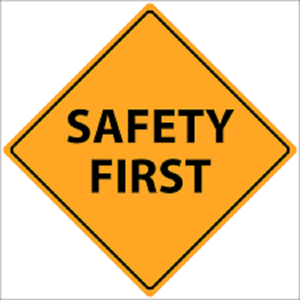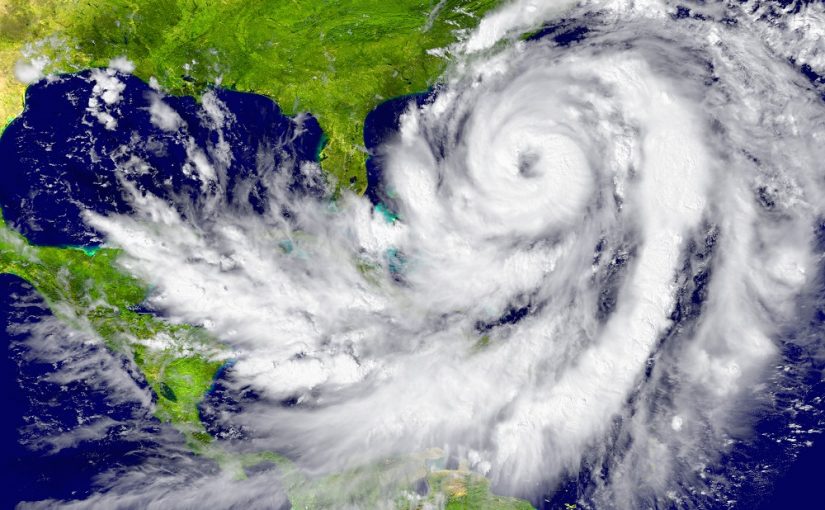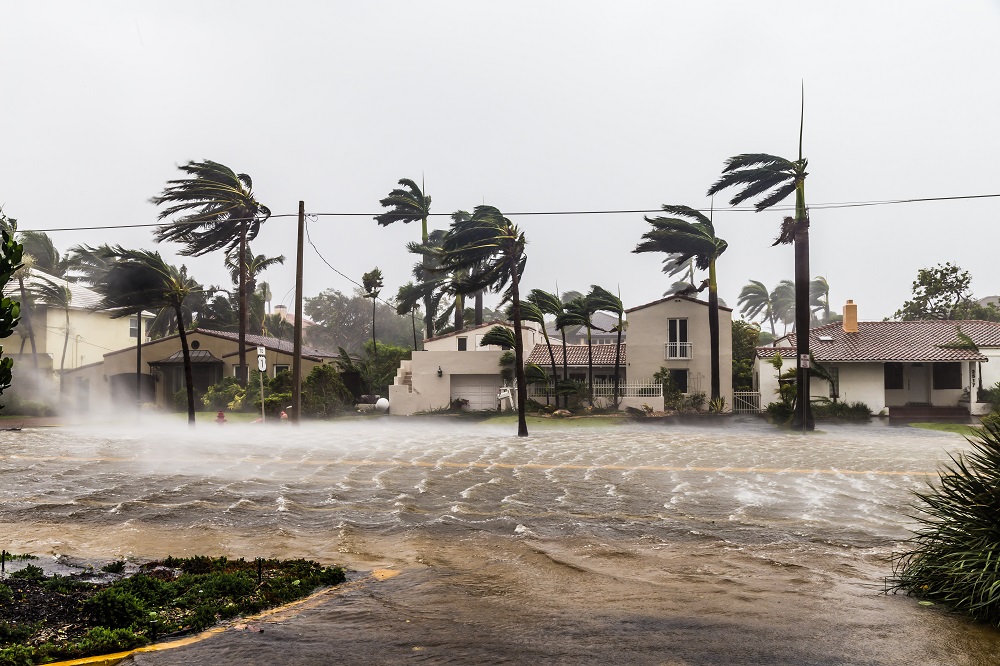10 Summer Safety Tips for your Business.
Summer Safety begins and ends with dealing with the Summer Heat. Depending upon where your business is located and the industry you operate in, how you deal with the Summer Heat may be drastically different. Here are ten tips to help you protect your employees while dealing with the Summer Heat.

Have your A/C Unit checked
Most people think that heat related injuries only concern businesses that have employees who work out side, but when an A/C Unit goes out during the month of July it can have an extremely negative impact on your office and your employees. Having your A/C Unit checked in the Spring can prevent a bad situation from happening. The earlier in the year you get this done, the better.
Communicate with employees
Employees listen to their managers and key employees within your organization. If you communicate through those key employees what is important to the organization, the employees are much more likely to follow through with actions you want them to follow. Communication should be direct and ongoing. The more your employees hear something, the more likely they are to follow through.
Hydration
Drinking adequate amounts of water is important for all employees at all levels of your organization. That is true if they work primarily out in the elements or if they are an office employee. In the Summer this is especially true for employees who work out in the elements. Periodically providing cool drinks for your employees is always a good idea. Talking about hydration with your staff is also important to get them to take hydration seriously.
Sunscreen
Sunscreen is necessary during the Summer Months. It is important for you to provide sunscreen for your employees and to talk about using it. Encourage your managers and key employees to model the types of activities you want the rest of your staff to copy.
Proper Clothing
Depending upon the industry your business operates in and the climate of the area, adequate clothing may defer depending upon the weather your employees face. Preventing sunburn and other types of heat exposure is crucial to keeping your employees healthy and happy.
Adjust your operating hours
It is important for your acclimate your employees to the weather as the Summer heat begins. Gradually increasing exposure to the environment is the best way to help your employees deal with heat exposure throughout the entire Summer. Depending upon how hot the weather actually is and the type of activities your employees partake in, it may be necessary for your business to adjust the operating hours during the Summer months.
Take Extra Breaks
Taking additional breaks is a great way to deal with an increase in the temperatures during the Summer. When the temperatures rise, it is not a time for your employees to attempt to show how tough they are. More often than not this will result in someone dealing with a heat related illness. Protect your employees by taking additional breaks.
Notice the signs of Heat Related Illness
According to the Center for Disease Control, ‘From 1999 to 2010, 8,081 heat-related deaths were reported in the United States’. That is more than 800 people each year who die from heat related illnesses. Familiarizing yourself and your managers with the early signs of heat exhaustion can go a long way towards preventing your employees from becoming a victim of a heat related illness.
Mosquitoes
Mosquitoes and other insects come out in great numbers during the Summer Months. Helping your employees deal with them will keep those employees happy and healthy. If your employees stay at your facility, there are steps you can take throughout the property to limit exposure to insects. When employees are working at third party locations, it is important to periodically talk to the employees about how to prevent insect bites.
Prepare Your Vehicles
If you have employees who operate automobiles as part of their job, it is important to help those employees maintain the vehicle so that they will be able to withstand the extreme temperatures all Summer long. It may be necessary for your business to buy car windshield sunshade and to require all employees to use them if they are going to be away from the vehicle for a certain amount of time. Making sure the AC Unit in the car is in tip top shape is important to keep your employees cool and the cars operating throughout the year.






